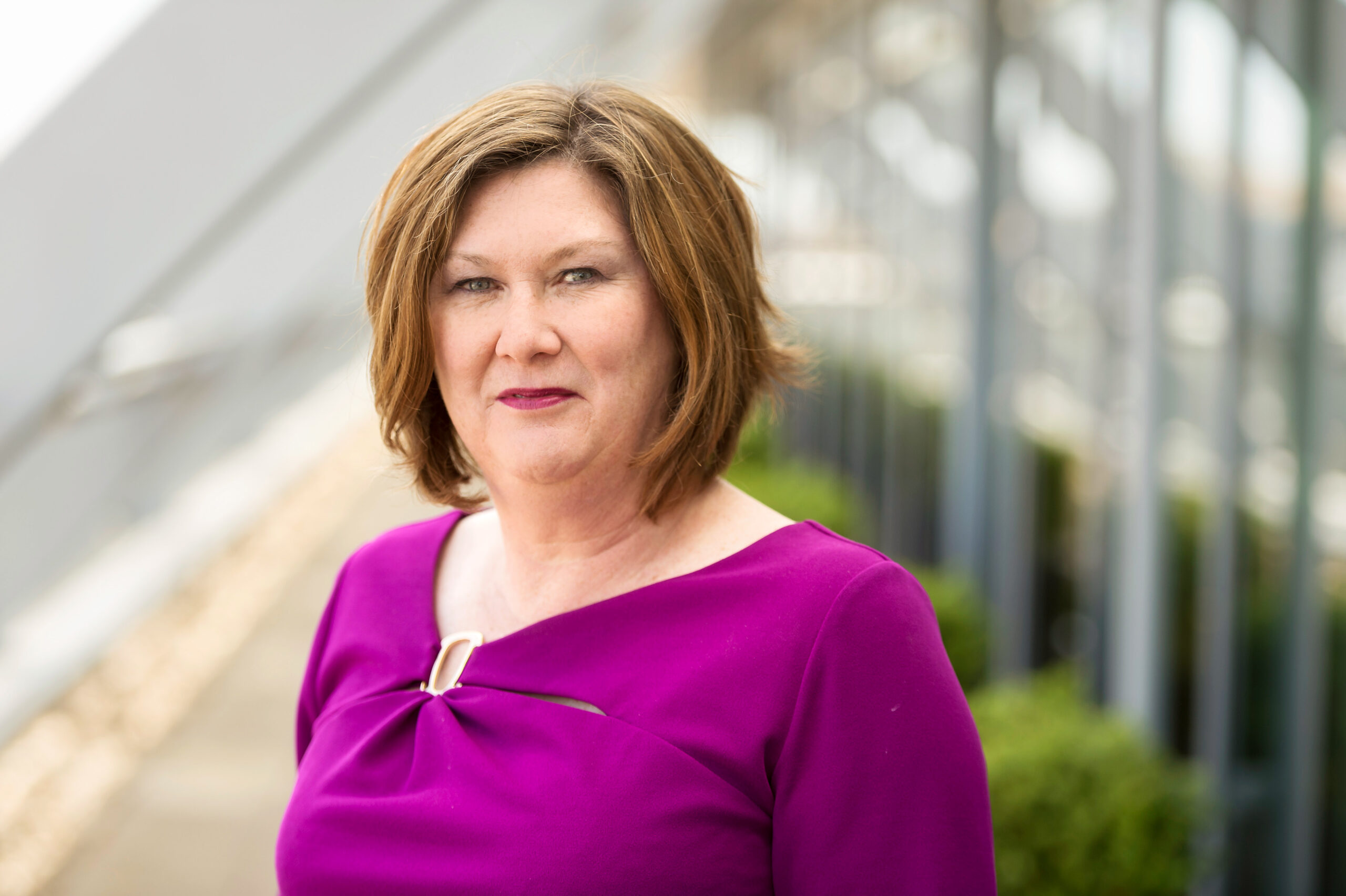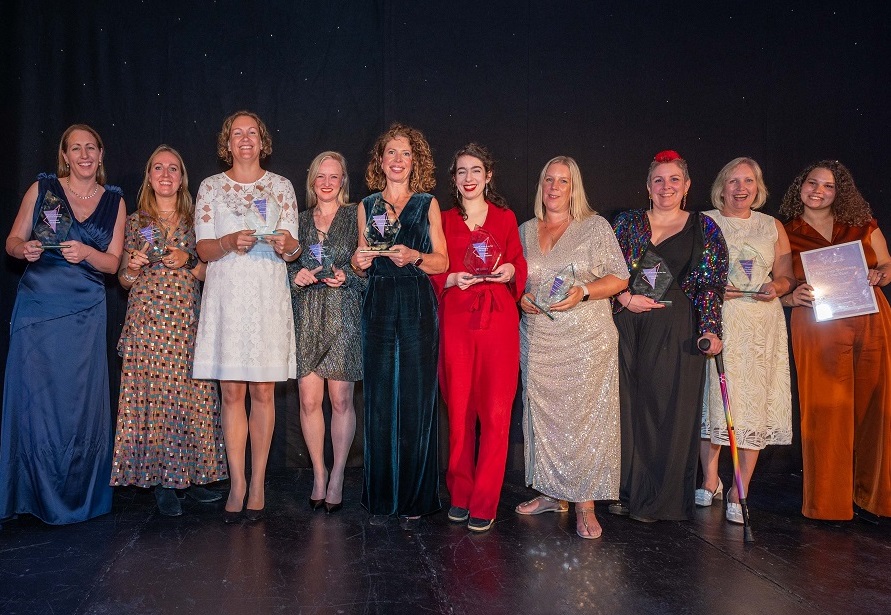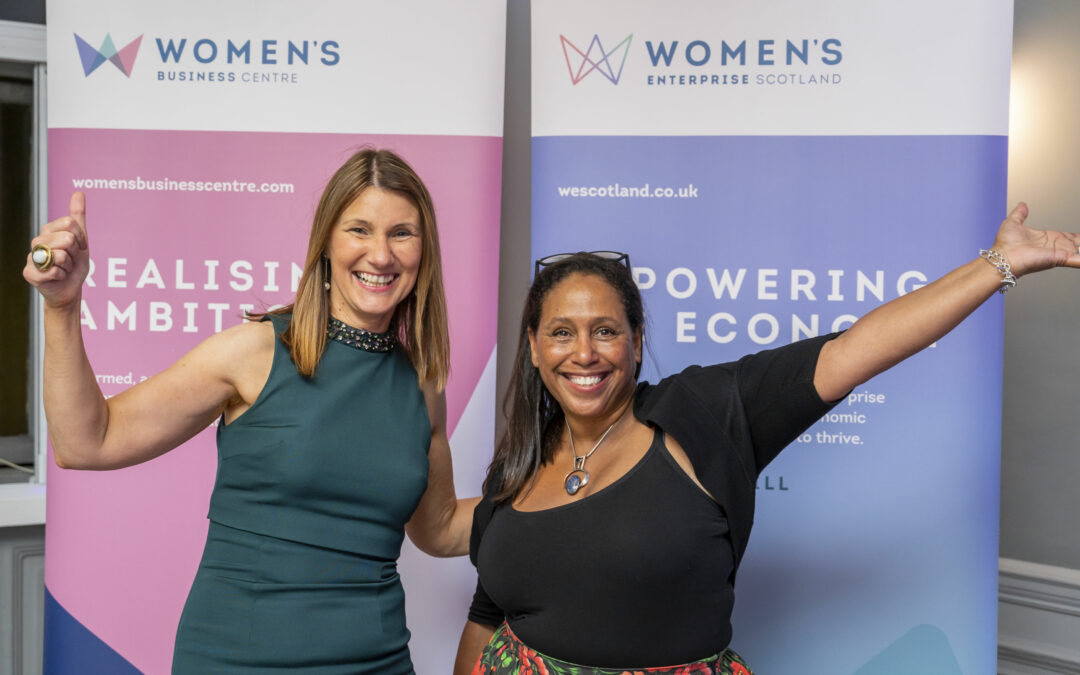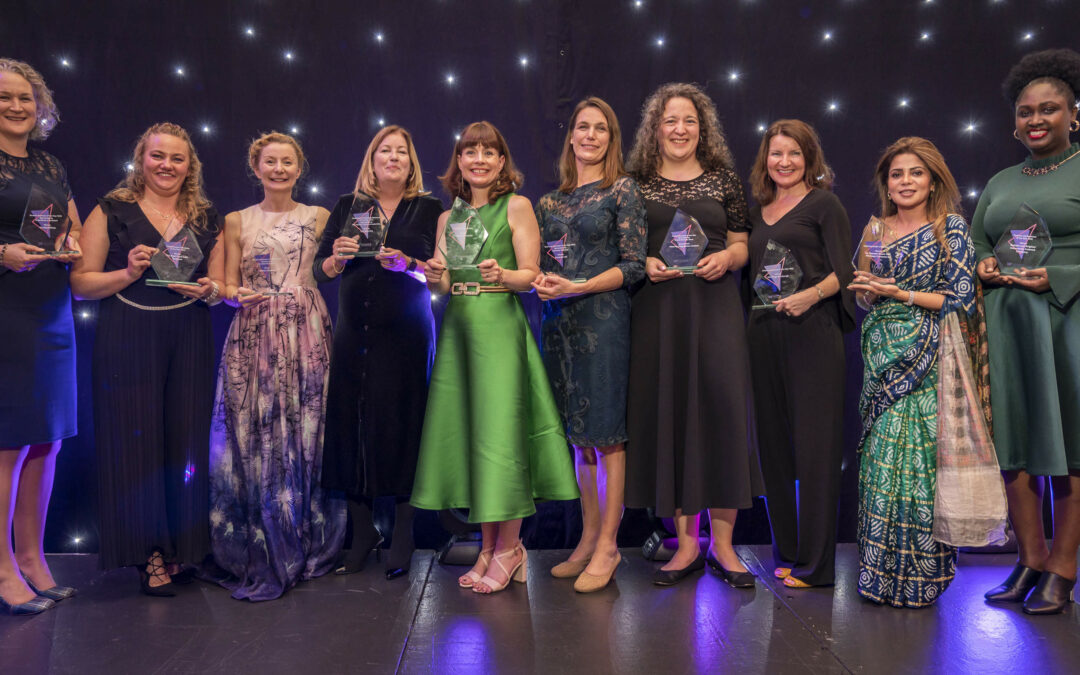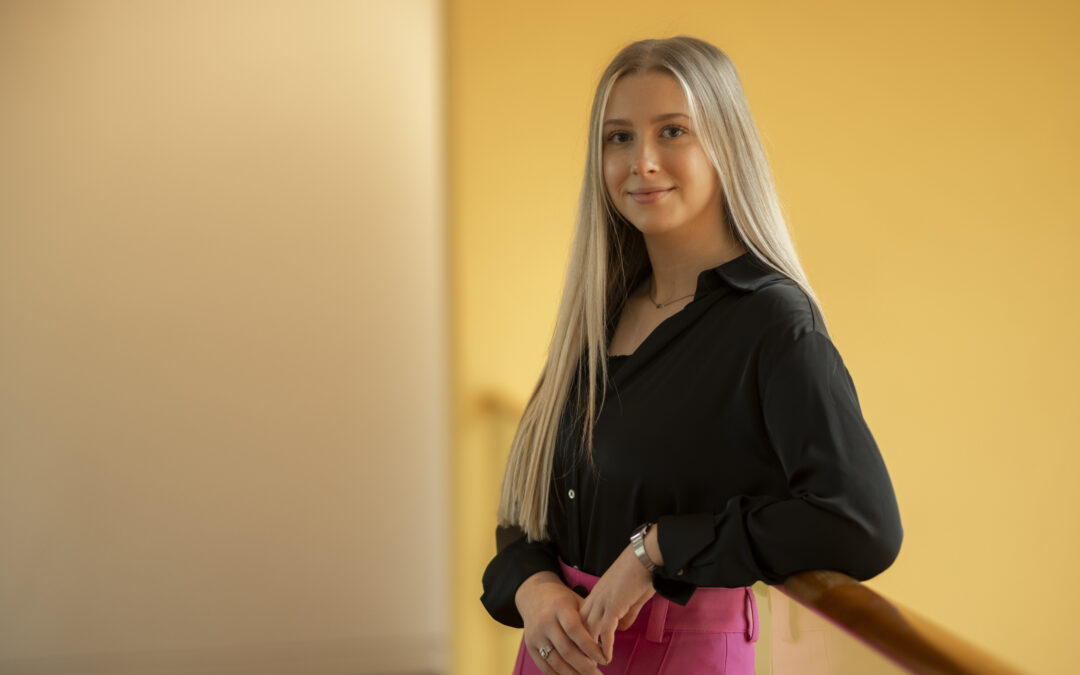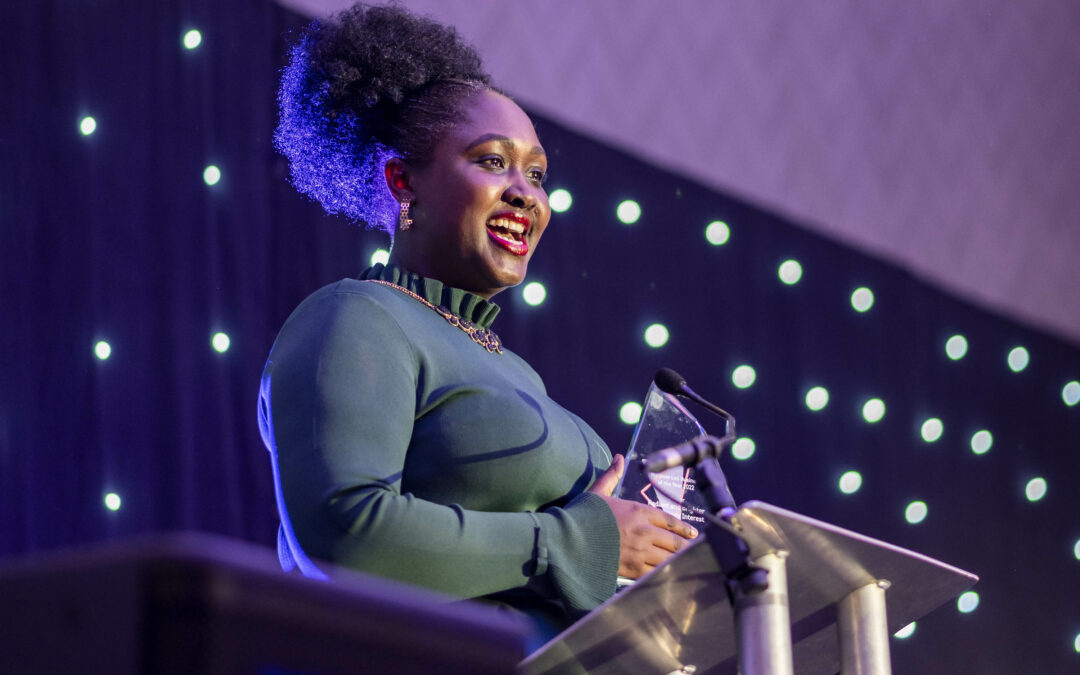Ecommerce is technical and complicated. If the wrong advice is taken or the wrong skills are taught it is easy to waste a great deal of money setting off in the wrong direction with the wrong platform and tools…
Ann-Maree Morrison MBE, explains what needs to change to make the most out of the ecommerce opportunity in the UK and why ecommerce is good for women:
Who is W20 UK and who is the G20?
W20 (Women20) is the officially appointed advisory group on gender equity to the G20 and the UK Delegation is run by Ann-Maree Morrison MBE and Barbara Cleary. Ann-Maree is a WES Ambassador and has done this officially appointed work for over 7 years having run her own multi-award winning ecommerce company, Labels4Kids, which she sold in 2022.
The G20 facilitates crucial worldwide discussions on pathways to economic prosperity as well as solutions to global crises with the main aim of mainstreaming economic empowerment of women and girls in G20 discussions. Including women in the labour market in higher paid and leadership roles is important to economic growth and funding of female entrepreneurship needs to increase dramatically from current levels to reach equality and parity by 2030. This is a United Nations Sustainable Development Goal (SDG5).
Why women in ecommerce?
The UK became the 2nd largest nation in ecommerce in 2022 and offers opportunities for women to join the labour market, and to start or to scale in entrepreneurship. The W20 UK Delegation believes that ecommerce can offer opportunities to economically empower women and address gender inequalities. Ecommerce is growing year on year despite the readjustment to normal growth levels after COVID-19 lockdowns and in 2018 the ONS claimed sales were £688 billion excluding any from the financial sector. Ecommerce is an opportunity that requires more investment and upskilling to capitalize on economic growth and prosperity. Women and women entrepreneurship must be a major part of that growth.
Barriers to women in Ecommerce and Business
The W20 UK Report presents several examples of successful women in ecommerce in the UK and presents a list of the main barriers to women in ecommerce and in business. It also proposes solutions for change. The barriers are summarized into the following areas with insufficient assistance, funding or education and support:
- Ecommerce Education
- Closing Funding Gaps
- Rural Women, Infrastructure and Connectivity
- Ecommerce Mentoring, Networking and Hubs
- Care Responsibilities of Women
- Procurement contracts given to Women Owned and Women-led Businesses
- Women Returners.
Findings on women in ecommerce from mnAI data
The W20 UK report analysed 4,596,370 active limited company data and indicated that the more a business goes online from physical presence to hybrid ecommerce-physical to ecommerce, the more women were leading the business as owners or directors. The step to hybrid showed an increase in women led and reduction in male led in equivalent amounts. The next step to pure online businesses showed the same step up for women and down for men involved at leadership level, indicating the appeal of ecommerce to women.
Similar data from Ebay showed “The number of British female entrepreneurs operating e-commerce businesses has risen by 28% over the past five years and is growing faster in the UK than anywhere else in Europe… The whole world stands to benefit from women taking a leading role. Increasing female participation in the business sector to 10% would take the overall economic contribution of women-led SMEs to more than £180bn by 2025.”
Vision for Ecommerce Success
The W20 UK Report has found major areas for improvement. Like most women statistics there are major data gaps in ecommerce and in women in ecommerce which restrict definitive conclusions but the main findings are:
- Data Collection and Technology required – Ecommerce needs to be recognised and tracked in order to receive the required investment to grow. There must be improved internet connectivity in rural areas and ease of access to technology but also improved procurement contracts to women-led businesses and ecommerce businesses.
- Funding and care – an ever present issue which highlights the bias needing to change. Even with angel investments women angel investment syndicates are a small amount of a very larger pool of investors whose attitudes to investing in women’s businesses must change. The Alison Rose Review highlighted funding issues for women in business at a £250 billion opportunity. More accessible, affordable care is required for career choice and vouchers would be a great way forward for women to tack training from whichever ecommerce expert they wish to use for their product or market.
- Education and up-skilling – Education in ecommerce must be from the right experts in the field. Education required for ecommerce and for women must be throughout their time at school in STEAM (including the A for Arts and Architecture/Design) and must include computing and entrepreneurship. Maths is of great importance to run any business or manage your own finances and women need to be seen in the media, and have role models, in ecommerce and STEAM.
- Mentoring, Networks and Hubs – Here the report mentioned the need for all ages, including women returners to be included in the workforce and retaining talent. There is a definite need for Women’s Business Centres for women to find networks for the advice needed that is accessible and funded. This advice must include ecommerce assistance with clubs, workshops, events like “The Ecommerce Club – Ecommerce Scotland”. The Ecommerce Club events are held free online monthly and growing in membership after 12 years.
Since the Report
The Ana Stewart Review and the DSAP Report, have just been released. These add to the findings in the W20 Report “Ecommerce: Economic Empowerment of Women and Girls”, which was released on Cyber Monday 2022. All these reports add to the findings we have on funding ecommerce, women and specific employability skills to help women start, scale and thrive. The W20 UK and Ann-Maree Morrison MBE personally support the findings and encourage investment in women and girls and in ecommerce and entrepreneurship and a change to vocational expert learning.

